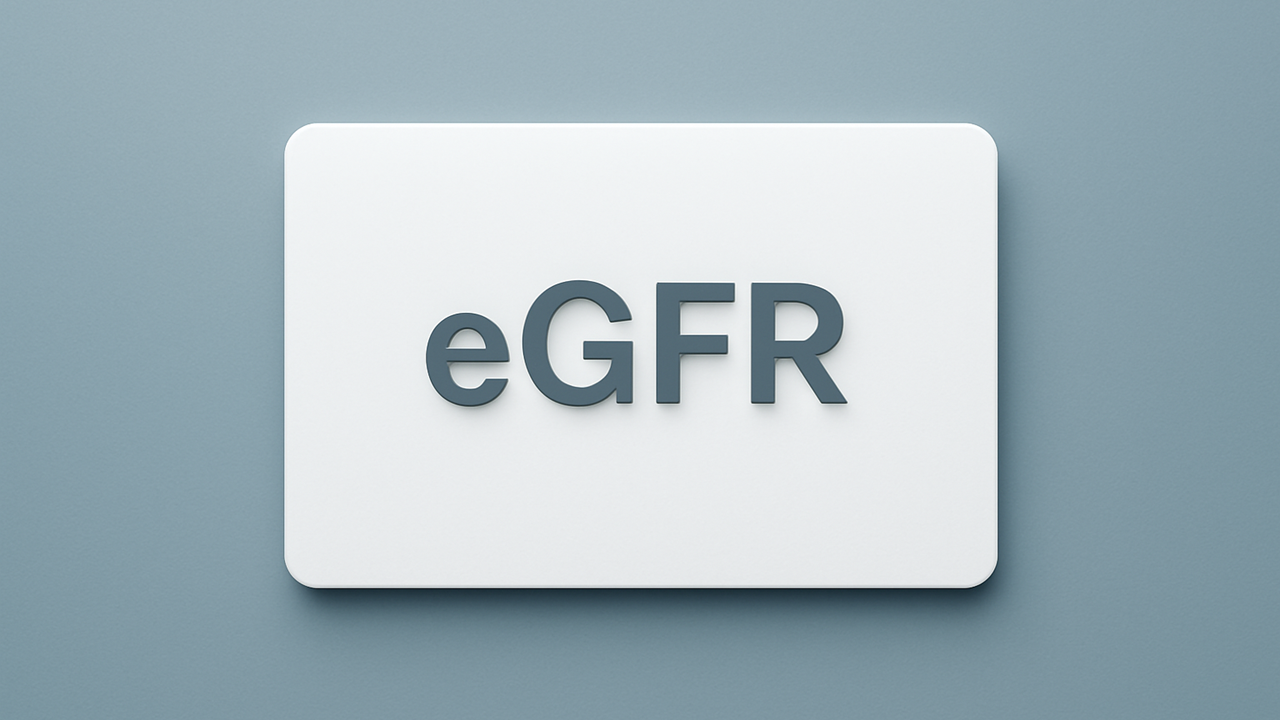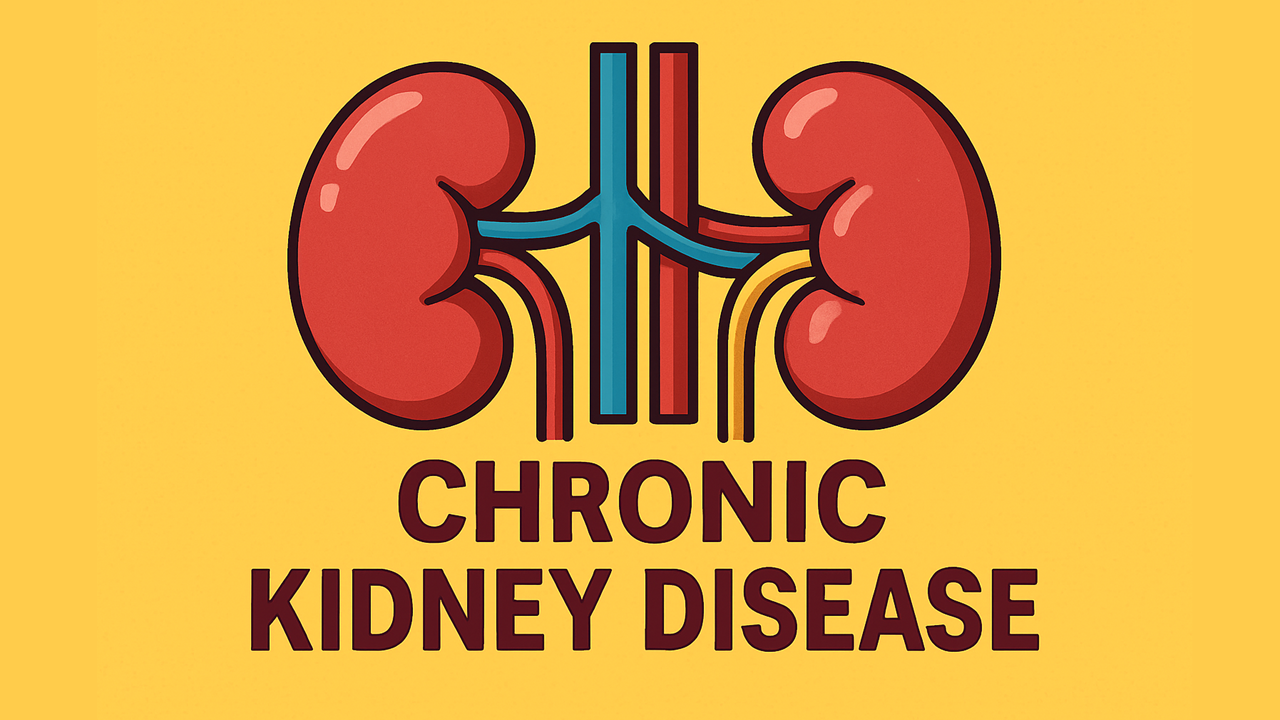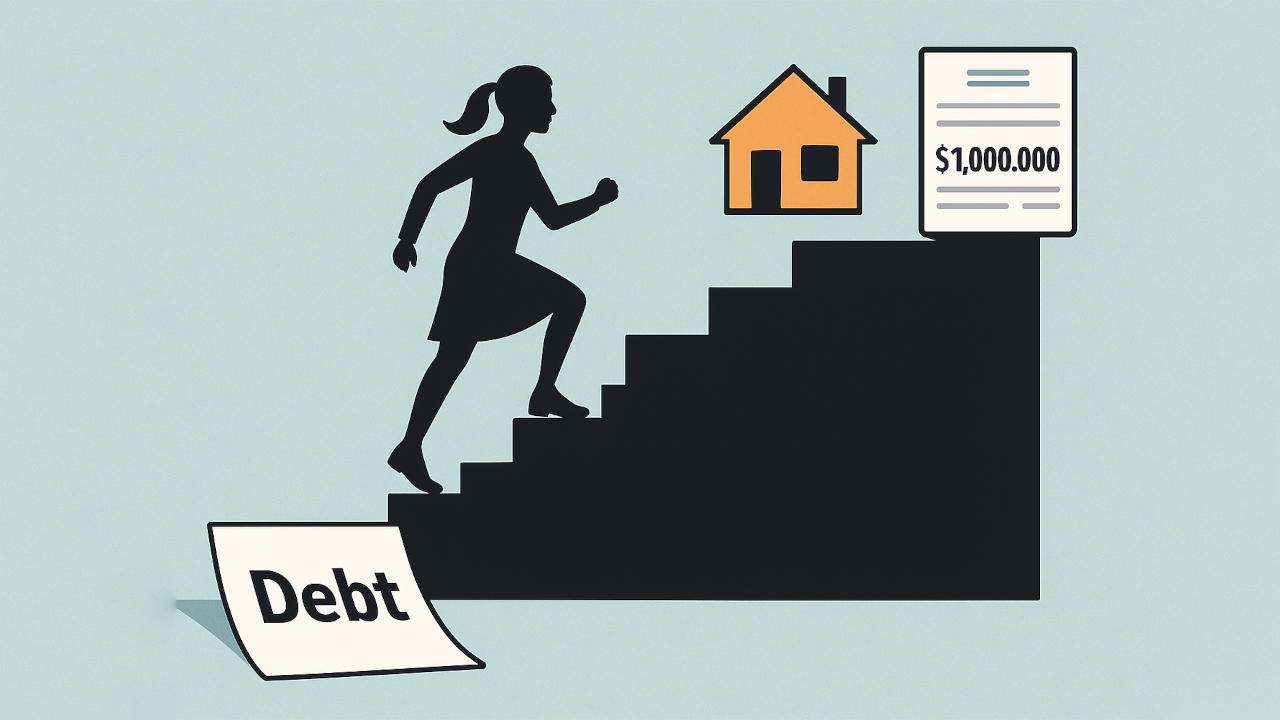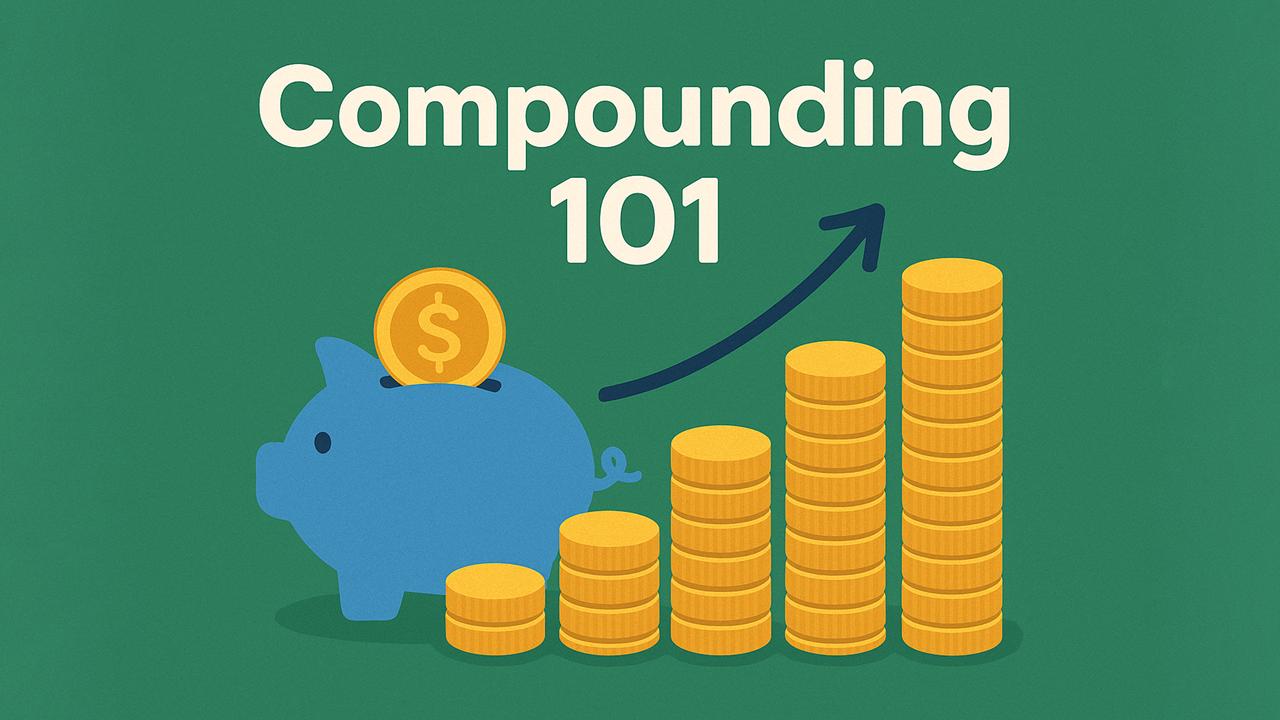Credit Card Myths People Should Not Fall For
Credit cards are valuable financial tools, but they’ve also spawned numerous misconceptions that can trip up both newcomers and seasoned users alike. Many cardholders have likely heard warnings such as “You must always carry a balance to build credit,” or “Owning multiple cards automatically tanks your credit score.” Such statements are more than just casual pieces of advice. They can directly influence how people behave with their cards, sometimes causing them to rack up unnecessary debt or adopt the wrong habits. By separating myth from fact, you stand a better chance of using credit wisely and steering clear of common traps.
Misunderstandings about credit cards often arise because of half-truths, anecdotal horror stories, and financial rules-of-thumb that don’t apply in every situation. For example, a friend might share how closing an old account suddenly dropped their credit score. Another person might insist that paying off the full balance each month is “bad” for building credit. These misconceptions spread quickly and become accepted wisdom. But if we take a fact based approach into how credit scoring really works—as well as how interest, fees, and rewards function—you’ll discover that much of this “common knowledge” is incomplete or flat-out wrong.
Debunking credit card myths is about more than just correcting misinformation. It’s an essential step toward financial security. Anyone who uses plastic—whether it’s a high-reward travel card or a simple starter card—can benefit from better understanding the mechanics of credit utilization, interest charges, and score calculations. Below, find eight widespread myths that persist despite evidence to the contrary. By knowing how these myths fail the reality test, you can make more informed choices, avoid costly pitfalls, and truly harness the perks that credit cards offer.
Myth #1: Credit Cards Automatically Lead to Debt
Why People Believe It: Horror stories about users racking up huge balances are widespread. Friends or family may share cautionary tales of “credit card nightmares,” causing many to assume any credit card use spells doom.
Reality Check: A card itself doesn’t incur debt; overspending and carrying a balance does. If you budget and spend within your means and pay off the bill each month, no interest will be charged. Research shows many Americans routinely use cards without sinking into debt. In fact, the credit card’s grace period typically ensures that if you pay the entire statement balance on time, you won’t owe interest. The main risk arises when someone only makes minimum payments and lets interest grow, as this interest compounds and makes it even harder to get out of debt down the road.
Key Takeaway: Treat a credit card like a convenient payment method, not a license to overspend. Stick to what you can afford and pay in full every month. That way, you leverage the convenience and (often) rewards without falling victim to unwarranted debt.
Myth #2: Carrying a Balance Helps Your Credit Score
Why People Believe It: People hear “showing you carry a balance proves you’re using credit,” so they conclude leaving a small balance is beneficial.
Reality Check: Carrying a balance does nothing positive for your score. Credit scoring models focus on payment history (paying on time) and your credit utilization ratio (the percentage of available credit used). Rolling over a balance may increase utilization, which could hurt your score if it gets too high. Plus, you’ll pay interest unnecessarily.
Key Takeaway: You can demonstrate responsible credit use (which helps your score) by simply making purchases and paying them off in full each month. There’s no advantage in owing money to the issuer. Paying in full avoids extra fees and interest while still proving you can manage credit responsibly.
Myth #3: Having Multiple Credit Cards Hurts Your Credit
Why People Believe It: It seems logical to assume owning several cards signals potential risk to lenders—maybe it implies you’re dependent on credit.
Reality Check: Merely having multiple cards won’t tank your score. In fact, if well-managed, multiple cards can help you by:
Increasing your total credit limit, thus lowering your utilization ratio.
Diversifying your credit mix.
Potentially earning more rewards if you use specific cards strategically.
Problems arise only if you consistently max out your cards or miss payments. Credit history length, payment consistency, and utilization matter far more than the raw number of cards.
Key Takeaway: Responsible management is what counts. Whether you hold one card or five, paying on time and keeping balances low lead to positive credit outcomes.
Myth #4: Closing a Paid-Off Card Improves Your Score
Why People Believe It: Many think closing an old card is a logical step—maybe it feels like finalizing debt freedom or simplifying finances.
Reality Check: Shutting down a credit card can actually decrease your score in two ways:
Credit History Length – An old card helps by extending the average age of your accounts. Closing it can shorten that history.
Credit Utilization – Removing an unused credit limit causes total available credit to drop, which may raise your utilization percentage.
Unless a card has an annual fee or is unsafe for you to keep open, it often benefits your credit health to leave it open with a zero balance.
Key Takeaway: Keeping a long-standing account open supports a stronger credit history and utilization ratio. Think twice before closing a card you’ve already paid off.
Myth #5: Checking Your Own Credit Report Lowers Your Score
Why People Believe It: People hear that inquiries hurt scores and mistakenly lump personal checks with lender “hard pulls.”
Reality Check: Soft inquiries—like when you check your own report—do not affect your credit score. Hard inquiries (when a lender evaluates your credit for a new loan or line) can ding your score slightly. But reviewing your own credit regularly is encouraged to catch errors or fraud.
Key Takeaway: Monitoring your report is wise and has zero negative impact. The only inquiries that may temporarily lower your score are those from potential creditors evaluating your application.
Myth #6: Applying for a New Card Will Greatly Damage Your Credit
Why People Believe It: Any application triggers a “hard inquiry,” which can cause a small drop in the score, and people interpret that drop as severe or long term.
Reality Check: The effect of a single credit card application is usually small and short-lived. Yes, a hard inquiry could knock off a few points, but if approved, your new card may even improve your utilization ratio by increasing your total credit limit. Over time, on-time payments on that new card help build a positive history.
Key Takeaway: Avoid excessive applications in a short span, especially before a major loan. Otherwise, a modest score dip from one application typically fades within months. Don’t let fear of a tiny drop keep you from getting a beneficial card.
Myth #7: All Cards with Annual Fees Are a Waste of Money
Why People Believe It: Why pay for a credit card if there are so many zero-fee options out there?
Reality Check: A card’s annual fee can be worthwhile if the card’s benefits, rewards, or travel credits exceed the cost. Premium travel cards, for instance, might include lounge access, free checked bags, statement credits, or enhanced cashback. If you’re a frequent traveler, those perks might far outweigh the fee. Conversely, if you don’t use or need the perks, that fee is indeed a waste.
Key Takeaway: Evaluate the math. For a $95 fee, if you gain $300 in annual benefits, you come out ahead. But if you won’t use a card’s premium features, skip it. Fees aren’t automatically bad; it’s about net value to your unique spending patterns.
Myth #8: Bad or No Credit Means You Can’t Get a Credit Card
Why People Believe It: Being denied once or hearing about credit score requirements might lead to the belief that no card company will say yes.
Reality Check: Many issuers provide secured cards for people with limited or poor credit. These typically require a deposit (acting as collateral) and have lower spending limits, but they allow you to build (or rebuild) your credit by reporting payments to the bureaus. There are also some store cards or special “credit-builder” cards open to subprime borrowers.
Key Takeaway: Even with no credit or past credit troubles, it’s possible to qualify for certain products that can pave the way toward better credit. It’s not an insurmountable barrier—you just need to pick the right starter or secured card and use it responsibly.
Additional Tips for Smart Credit Card Use
1. Pay On Time, Every Time
Late payments can undercut all other benefits. Automatic payments or calendar reminders help prevent lapses.
2. Monitor Utilization
Keeping your usage under about 30% of your total limit can help your score. For example, if you have a $3,000 combined credit line, staying below $900 in outstanding balances is often recommended.
3. Plan Applications Wisely
If you’re aiming for a mortgage soon, consider delaying new card applications to maintain an optimal score for that big loan.
4. Use Rewards Strategically
Pick a card (or cards) that align with your habits—whether that’s travel points, grocery cashback, or gas rewards. Just make sure the net perks outweigh any costs or fees.
5. Review Statements & Credit Reports
Regularly check statements for unauthorized charges and review your credit report for inaccuracies. These small steps can prevent big problems later.
Conclusion
Credit cards don’t have to be a debt trap—nor do they automatically harm your credit score. Myths such as “always carry a balance” or “close old cards to help your score” can be detrimental if taken at face value. In reality, credit cards can be powerful financial tools when used with knowledge and discipline. By paying in full, managing utilization, selecting the right cards for your needs, and monitoring your credit regularly, you harness the benefits—rewards, convenience, and credit building—minus the pitfalls. Don’t let outdated or overly simplistic myths steer you wrong. Instead, rely on factual guidance to make the most of your cards and maintain healthy credit.





































